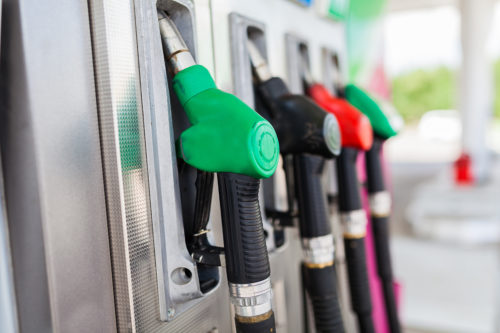Taas presyo ulit: Fuel rates up next week
- January 15, 2019
- 0

The estimated increase for gasoline products will be from P1.30 to P1.35 per liter, while kerosene will reach P1.75 to P1.80 per liter.
The increase is due to the four-day trading in the international market last week, prices may change based on the outcome of Friday’s (January 11) trading, industry players said.
Bellwether Dubai crude already increased to US $ 59 per barrel scale, while Brent crude has already reached the US$60 per barrel price range.
The increasing prices of fuel in the world market are mainly based on economic growth assumptions and the anticipated adherence of the Organization of the Petroleum Exporting Countries (OPEC) and its Russian-led ally on targeted production cuts.
The coming price hike will happen on the main period of when most gasoline stations will be applying the additional P2.00 per liter in excise taxes for gasoline and diesel products, as adherence to the second tranche package of the Tax Reform for Acceleration and Inclusion (TRAIN) Act of the Duterte administration.
The oil companies are expected to implement the price hikes on Tuesday with some stations applying both the price adjustments and the rise in excise taxes.
The excise tax had been suspended by the economic managers of the Duterte administration, however, they reversed the suspension after seeing that the oil prices in the international market were continuously decreasing in the last quarter of 2018.
In terms of tax adjustments, the Department of Energy (DOE) noted that they are closely monitoring all petroleum retain networks that passed on the higher tax charges earlier than the expectation of the government.
DOE Secretary Alfonso Cusi also warned oil companies that profiteering are being closely looked out by the department on excise taxes’ enforcements at gasoline stations in Metro Manila.
Petron Corporation, FlyingV, and Pilipinas Shell Petroleum Corporation were issued show-cause orders for their early implementation of the tax adjustments.
“A retail outlet’s imposition of excise tax depends on the exhaustion of the 2018 existing inventories,” DOE’s Oil Industry Management Bureau (OIMB) explained.
“Only new inventories in 2019, directly imported or local produced by refineries, are supposed to be covered by the second tranche of excise tax,” the DOE added.